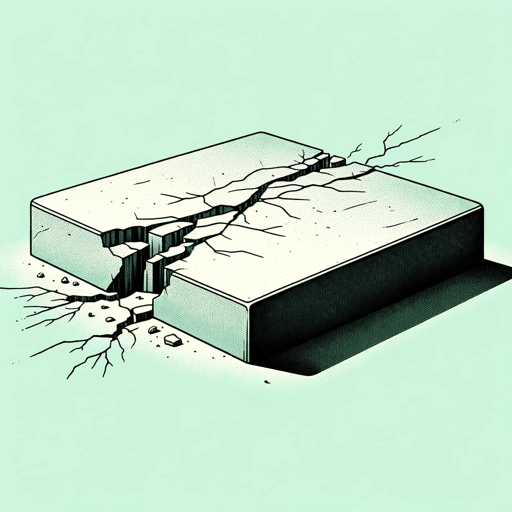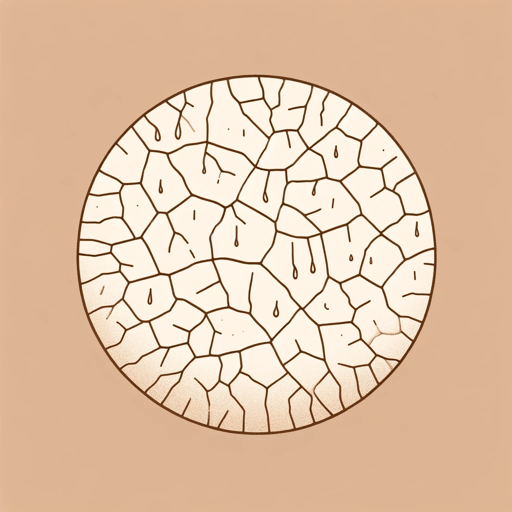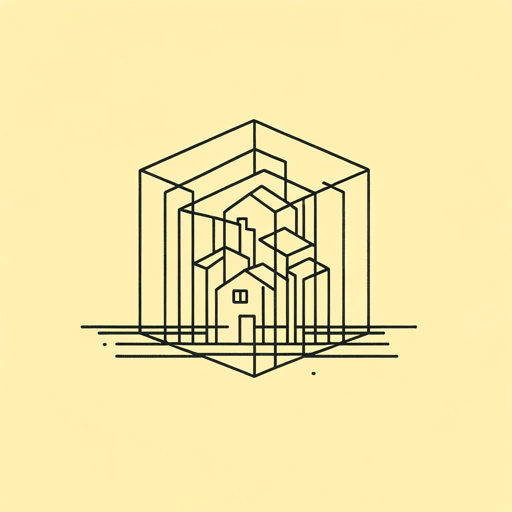39 pages • 1 hour read
Mike DavisCity of Quartz: Excavating the Future in Los Angeles
Nonfiction | Book | Adult | Published in 1990A modern alternative to SparkNotes and CliffsNotes, SuperSummary offers high-quality Study Guides with detailed chapter summaries and analysis of major themes, characters, and more.
Important Quotes
“With generations of experience in uprooting the citrus gardens of Orange County and the San Fernando Valley, the developers headquartered in places like Newport Beach and Beverly Hills—regard the desert as simply another abstraction of dirt and dollar signs.”
(Prologue, Page 4)
Davis opens his study in the desert outside of Los Angeles, where the city is set to expand. That the developers are based in the wealthy coastal neighborhoods of Newport Beach and Beverly Hills is significant, as they are removed from the land they have designs on. Like their wealthy predecessors who uprooted the citrus plants of other regions, they are only concerned with profit and see land as an abstract entity that can further their goals.
“Their enthusiastic labor transformed several thousand acres of the Mojave into a small Socialist civilization. By 1916 their alfalfa fields and modern dairy, their pear orchards and vegetable gardens—all watered by a complex and efficient irrigation system—supplied the colony with 90 per cent of its own food.”
(Prologue, Page 9)
Davis paints Llano del Rio, the Socialist outpost in the desert, as a utopian civilization that fulfills the American Dream of abundant self-reliance. The community is positioned in counterpoint to the increasingly internationalized, capitalist, market-driven Los Angeles.
“L.A. already was everywhere. They had watched it every night in San Salvador, in endless dubbed reruns of I Love Lucy and Starsky and Hutch, a city where everyone was young and rich and drove new cars and saw themselves on television.”
(Prologue, Page 12)
Two El Salvadorian immigrants, who Davis encounters in the desert, have a fantastical utopian vision of Los Angeles that Hollywood has sold to them. Their dream city is a consumer paradise of newness and youth. The reality of what life in the city is like for poor nonwhites like them is a brusque affront to their ideal.
Related Titles
By Mike Davis



